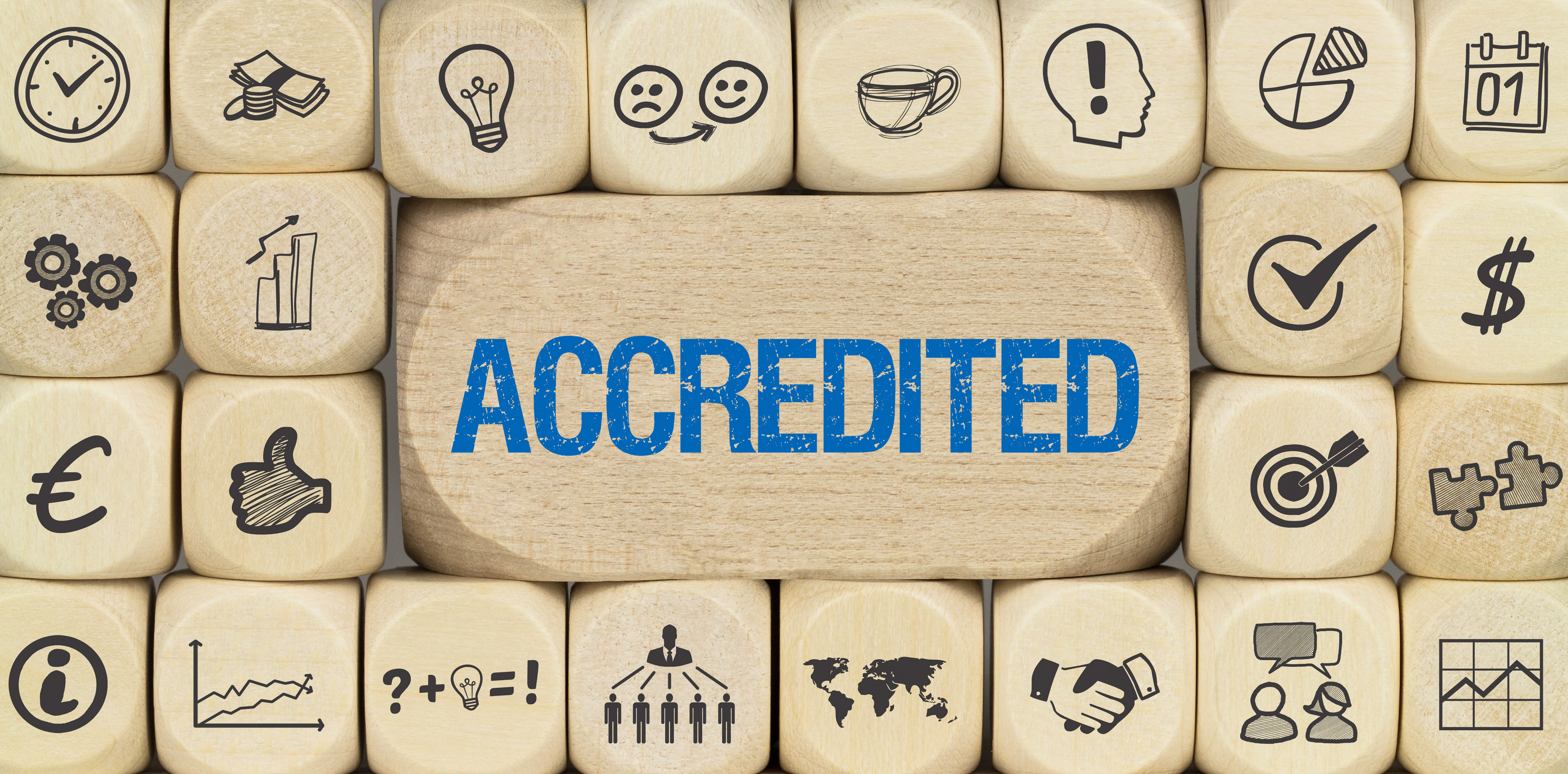CIOP is an end-to-end supply chain certification program that focuses on practical aspects in addition to the theoretical concepts. For example, a typical supply chain certification may teach what is cycle counting and how to do the ABC classification. CIOP starts with these fundamental concepts and goes on to teach the participants to develop the cycle counting policy of an organisation, 10+ criteria used in ABC classification, multi-criteria ABC classification and cycle counting best practices to increase the efficiency and effectiveness. In case of CIOP, you learn the concepts and will be ready to implement in your day-to-day job in supply chain. The pedagogy is structured such a way that all the concepts are explained with industry examples, which makes CIOP as the preferred training and certification program for supply chain within the industry.

Accreditation is a key process used by management teams across the supply chain to identify and measure the quality of their businesses' procurement, manufacturing and other warehouse management systems. In the last few years, Accreditation has come to play a major role in the supply chain environment, where improved performance is crucial to remaining competitive and overcoming internal constraints. Managing the supply chain needs a clear understanding of how it works to ensure that goods are delivered when they're supposed to the right place, at the right time and for the right price. The improvement of productivity, output and efficiency
across companies can only be achieved if the entire supply chain is operating at optimum levels both day and night.
There are three parts to Accreditation: first, Accreditation Key Performance Indicators (AKPIs), which are publicly available benchmarking reports detailing performance over various key aspects of the supply chain. Second, Accreditation Measurement System (AMS), which is an assessment process based on agreed quality indicators, such as throughput, cost, errors, level of service, satisfaction and number of sales; and third, Verification, which is a formal verification process performed by independent external agencies to establish whether the accuracy of the reports presented to key decision makers. The process is periodically validated against published standards, with accrediting agencies having access to databases and resources designed to verify results. Thirdly, assessment tools and systems, which are designed to provide maximum flexibility to businesses to manage the whole process.
Although Accreditation differs greatly from institution to institution, both in scope and focus, there are certain similarities between accrediting bodies. Most Accreditation agencies use a similar methodology in assessing and rewarding institutions, but accreditation may be thought of more as a process instead of an exact science, with multiple goals along the way. For large companies, accreditation may involve certification, but accreditation at small or medium-sized organizations may still be more of a process focused on improving the quality of the product or service delivered to customers. Similarly, creditors are generally government-based organizations with governmental goals of making businesses of all types more accountable for their outputs.
Related Articles
What Is Accreditation?
Definitions and Purposes of Accreditation
Accreditation
What is accreditation and how does it impact you?
What Is Accreditation?
Certified Inventory Optimization Professional
CIOP is an end-to-end supply chain certification that contains 30 modules such as Introduction to Supply Chain Management, All About Inventory, Production Planning System, Strategic Business Planning, Sales & Operations Planning, Master Scheduling, Material Requirements Planning, Demand Management, Capacity Management, Forecasting, Production Activity Control, Procurement, Order Quantities, Independent Demand Ordering Systems, Warehouse Management, Transportation Management, Supplier Relationship Management (SRM), Customer Relationship Management (CRM), Introduction to Quality, Introduction to Packaging, Introduction to Process, Lean, Six Sigma, Total Quality Management, Theory of Constraints, Supply Chain Technologies, Supply Chain Techniques, Industry 4.0, International Standards and Supply Chain Risk, Safety and Security.
CIOP Knowledge Series
One-Minute Supply Chain Facts
The most recent video is available here. To access the past videos in the One-Minute Supply Chain Facts Series, please click the playlist icon located on the Top-Right of the video.


